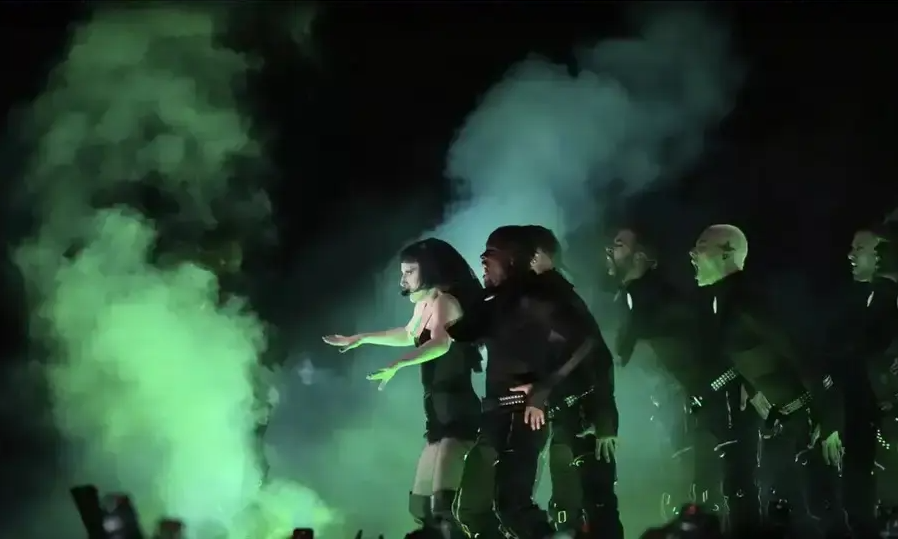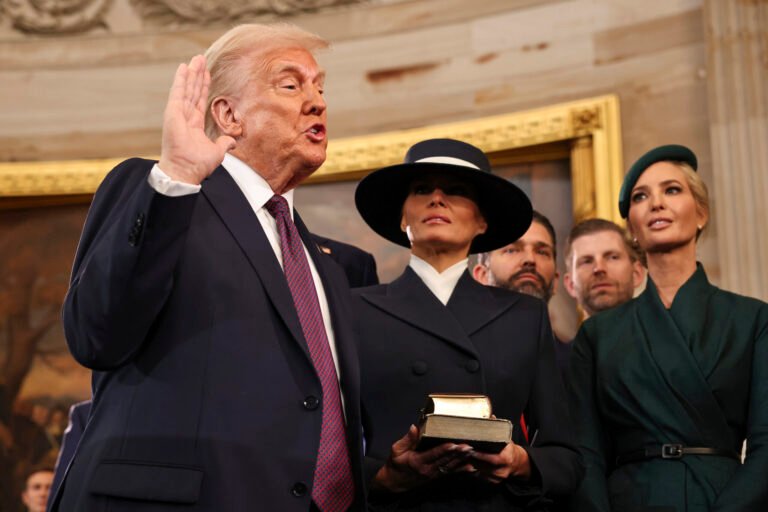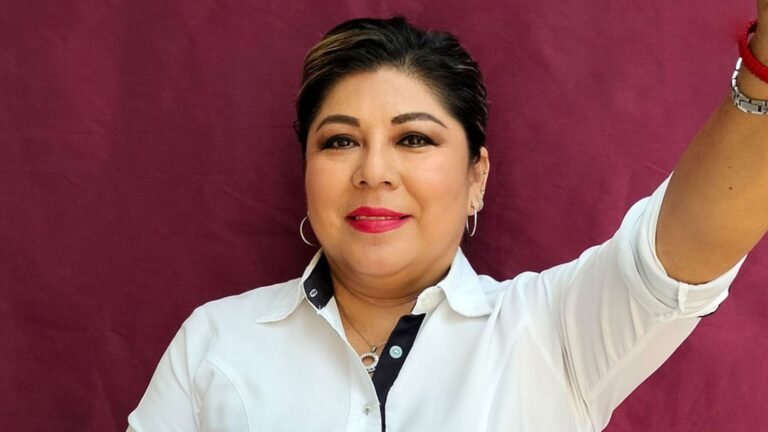
May 3, Copacabana Beach, Brazil
Brazilian police have arrested two individuals in connection with an alleged plan to detonate explosives at Lady Gaga’s massive free concert on Copacabana Beach in Rio de Janeiro, which drew over two million fans on Saturday, May 3.
The concert, billed as the largest of the pop superstar’s career, proceeded without incident despite the serious threat. Authorities say the alleged plot was orchestrated by an online extremist group that spread hate speech targeting the LGBTQ+ community. The group reportedly aimed to use Molotov cocktails and improvised explosive devices in what they called a “collective challenge” to gain attention on social media.
Police arrested an adult male, described as the group’s leader, in the southern state of Rio Grande do Sul on illegal weapons possession charges. A teenager was also detained in Rio de Janeiro on charges related to child pornography. Although police believe the suspects intended to use explosives, no such materials were found during raids carried out as part of “Operation Fake Monsters,” a coordinated effort between the Justice Ministry, Federal Police, and digital intelligence units.
The operation included search warrants in cities such as Rio, Niterói, Duque de Caxias, and Macaé, with authorities seizing mobile phones and digital devices. Police say the group falsely posed as “Little Monsters,” Lady Gaga’s fanbase nickname, to infiltrate online communities and recruit vulnerable teenagers.
A spokesperson for Lady Gaga stated on Sunday that the singer and her team only became aware of the alleged threat through media reports. “There were no known safety concerns or communication from authorities before or during the concert,” the statement said. However, it confirmed that her team had worked closely with law enforcement on event planning and was confident in the security measures.
Security was visibly tight, with 5,200 police and military personnel deployed to ensure the safety of attendees. Fans danced and sang along to Gaga’s iconic hits, including the LGBTQ+ anthem “Born This Way,” unaware of the danger that had been quietly neutralized.
The Brazilian Justice Ministry said the group posed “a risk to public order,” and described their activities as part of a dangerous online culture promoting violence and extremism among teenagers.
In a heartfelt Instagram post following the concert, Lady Gaga expressed her gratitude: “Nothing could prepare me for the feeling I had during last night’s show… your culture is so vibrant and special. I hope you know how grateful I am to have shared this historical moment with you.”
This high-stakes security success comes amid growing concerns globally about threats to public events and online radicalization, especially among youth. The case has sparked further debate about digital extremism and the safety protocols for major concerts.




